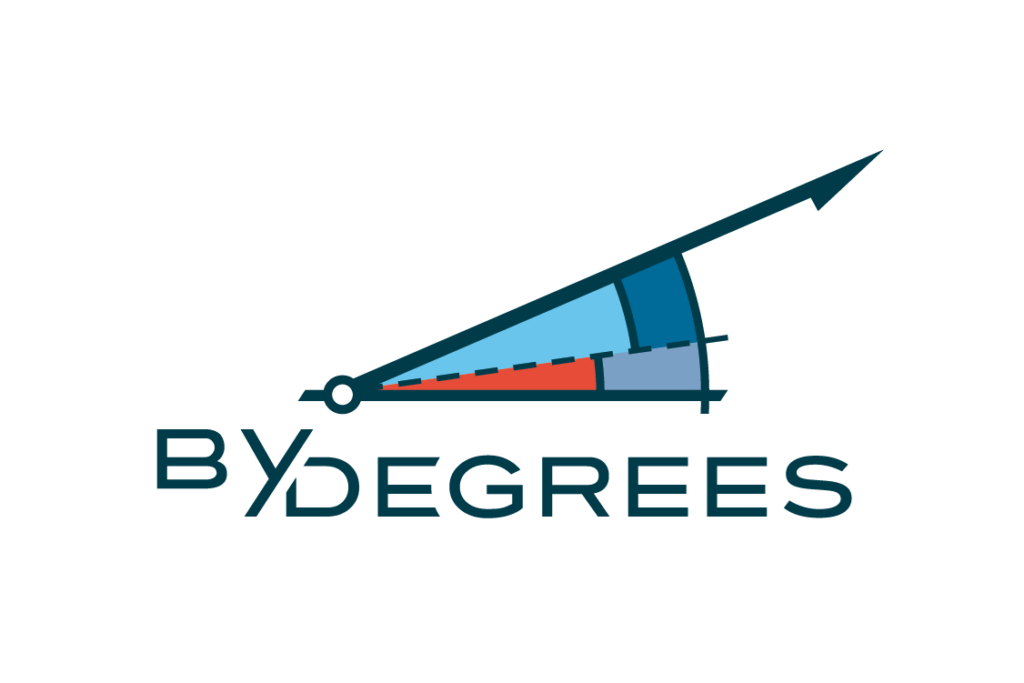Higher incomes mean more loans

BUSINESS RECORD STAFF Nov 6, 2015 | 8:35 pm
1 min read time
226 wordsAll Latest News, Banking and FinanceWealthy Americans are leading in borrowing in all categories except student loans, magnifying their advantage in purchasing power over their poorer counterparts, Bloomberg reported.
As earnings diverged and lending standards tightened in the wake of the financial crisis, Americans in top-earning ZIP codes have held increasingly more than lower-income individuals in mortgage, credit card and auto loan balances, according to research by the Federal Reserve Bank of New York.
“The income gap overall has been widening during this period, and mortgage and credit card balances tend to be positively correlated with income,” the authors of the New York Fed study said. “So, the declining share of mortgage debt and credit card debt in the lower-income ZIP codes over the last decade is broadly consistent with the widening income gap over the same period.”
The researchers looked at data from the New York Fed Consumer Credit Panel, Internal Revenue Service and the U.S. Census Bureau to obtain income per adult for ZIP codes, which they then divided into five groups for the analysis.
Although wealthy ZIP codes hold the lion’s share of auto loans, poorer Americans are regaining some ground. That could be the result of an increase in subprime auto lending, with U.S. financing companies accepting borrowers with lower credit scores and easing terms by giving consumers as long as seven years to repay, Bloomberg said.










